
System Design for Electrosynthesis of Renewable Fuels at GC&EC 2022
System Design for Electrosynthesis of Renewable Fuels
Symposium Organizers: Anna Klinkova, University of Waterloo; Joseph Sabol, Chemical Consultant
Wednesday, 08 June 2022
Co-Sponsor: ACS Division of Small Chemical Businesses (SCHB)
Electrosynthesis of renewable fuels from abundant sources (e.g., water, air) and waste (e.g., CO2, wastewater) powered by sustainable electricity sources has been attracting increasing attention as one of the key technologies for combating energy and environmental challenges of the 21st century. Major research efforts have been focused on developing electrode materials and electrolytes for efficient and selective electrochemical transformations, such as CO2 reduction to synthesis gas, hydrocarbons and ethanol, water reduction to hydrogen gas, and nitrogen reduction to ammonia, which is becoming an emerging alternative fuel. However, systems approach to designing synergistic electrolyzers with overall net performance and input energy requirements that could accelerate (or justify, in some processes) their industrial implementation is currently less widespread.
Thinking in systems for these electrosynthesis technologies necessitates interdisciplinary efforts between chemistry, chemical, mechanical and electrical engineering, environmental science, and economics and policy. To this end, in the past few years international research efforts have led to shifting paradigms in designing electrolyzer devises, including co-electrolysis employing both electrodes of the cell in useful or complementary reactions, conceptually new cell configurations tailored to unusual combinations of materials, reactions and conditions, and decoupled electrolysis which enables cell operation with no membrane, thereby minimizing operational costs (including by minimizing reliance on technology-critical elements) and enabling scalability of the process. These research advancements resulted in new large-scale technology startups with promising implications for achieving sustainable development goals. Various advancements in electrosynthesis technologies have been facilitated by early stage technoeconomic and life cycle assessment approach for targeting products and process performance metrics from both perspectives of feasibility and environmental benefits associated with the technology transition. Further technological developments in this extremely important area will rely on combining complementary solutions capable of offsetting cost requirements greater than the sum of the parts and a feedback loop between multiple aspects of the system design efforts.
This symposium proposes to put these new developments in the spotlight and highlight the importance of system thinking in this particular domain of green chemistry and engineering research. Speakers are thought to highlight new conceptual approaches to scalable and sustainable electrolysis for fuel production beyond a single component (electrocatalyst, electrolyte, membrane, additive) development.
26th Green Chemistry & Engineering Conference (GC&E) 6-8 June 2022, Reston, Virginia USA
GC&EC




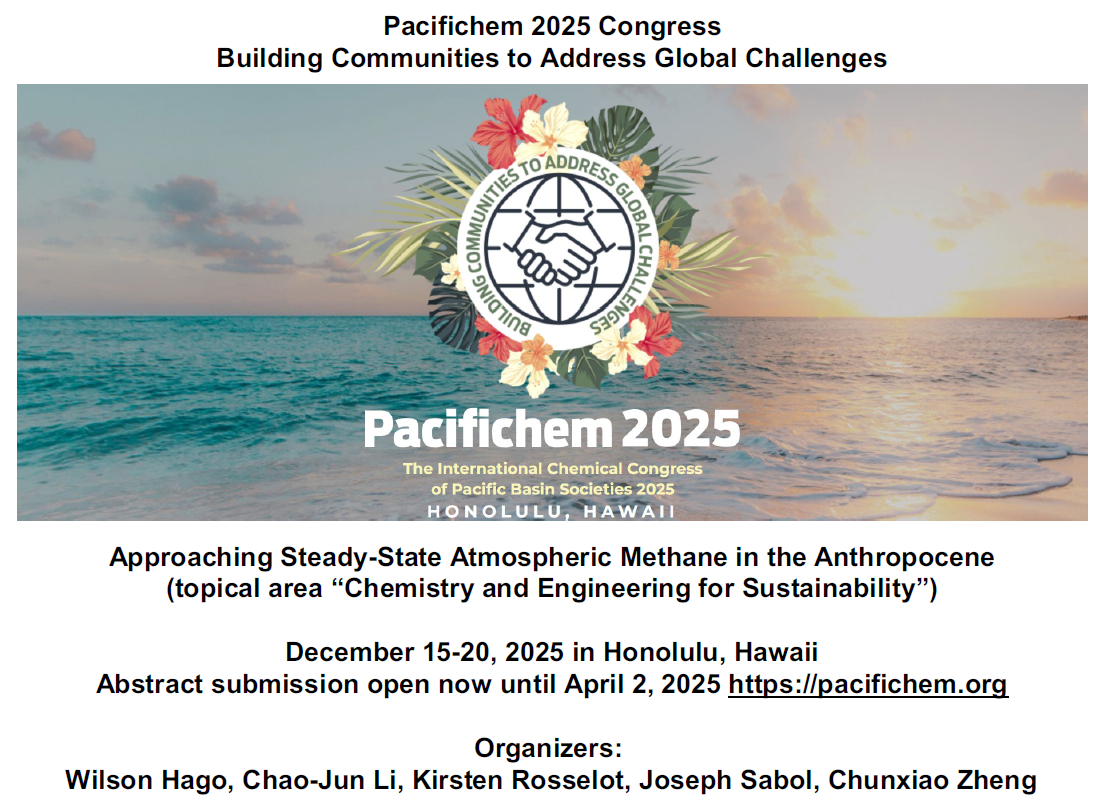
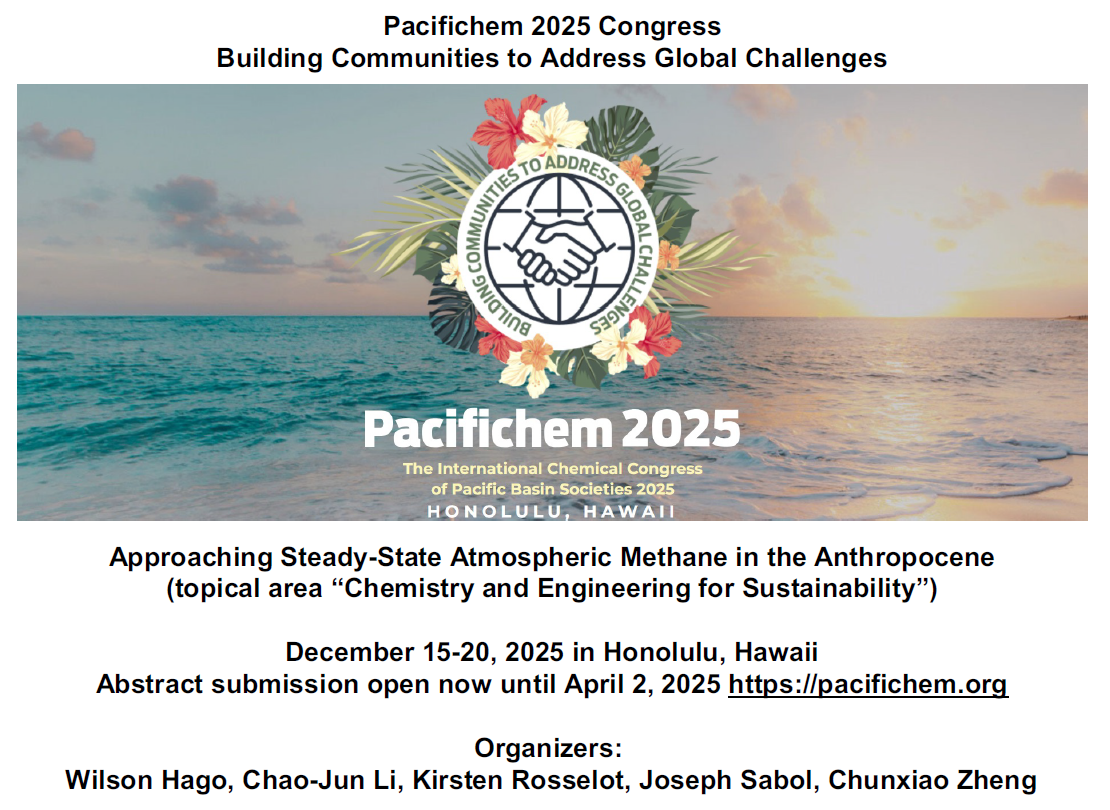
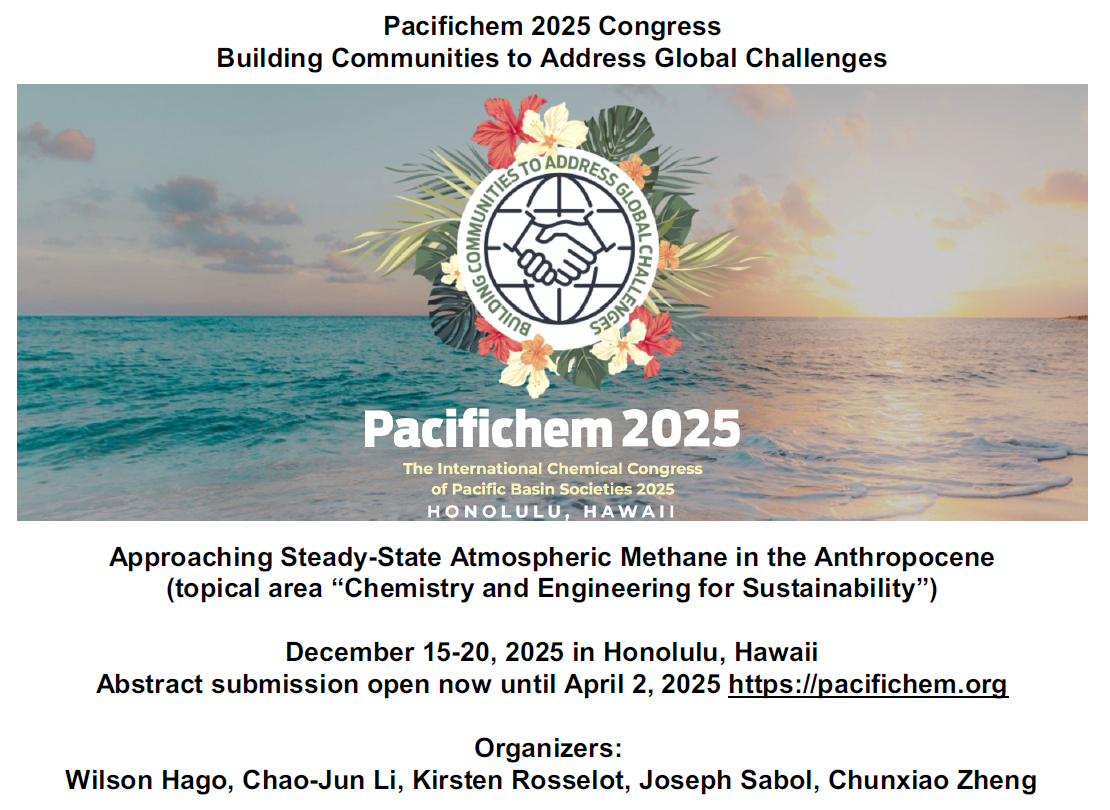
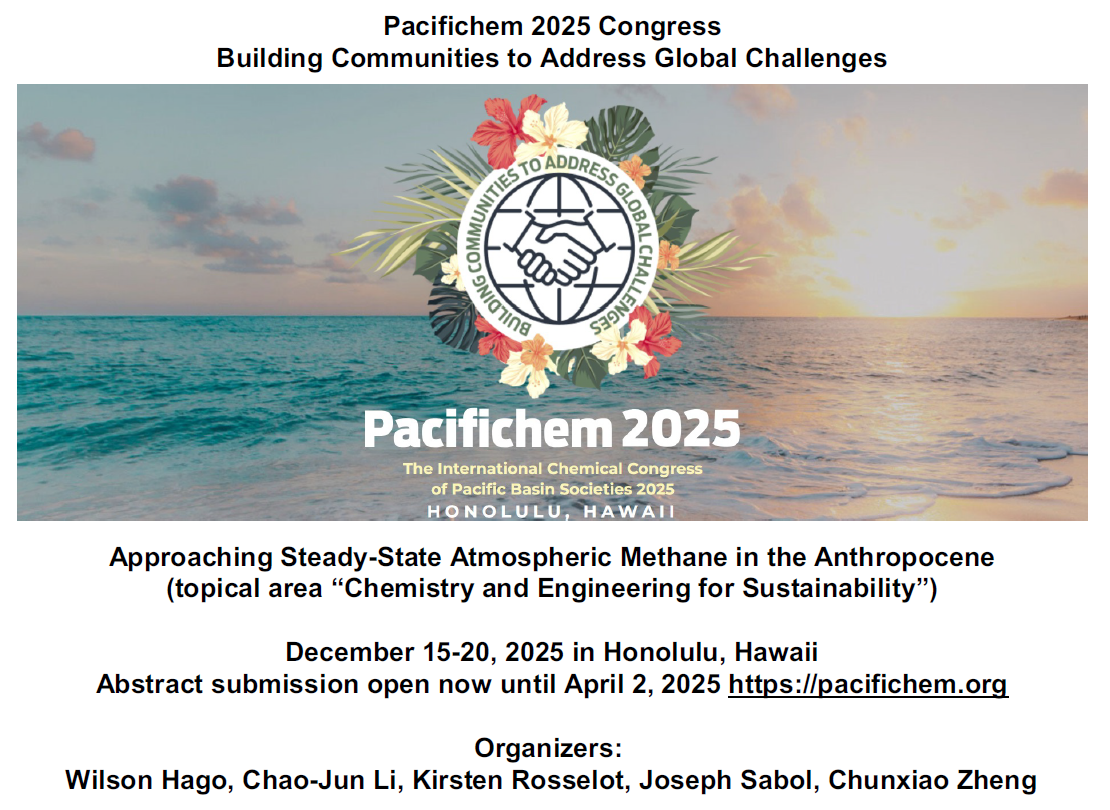




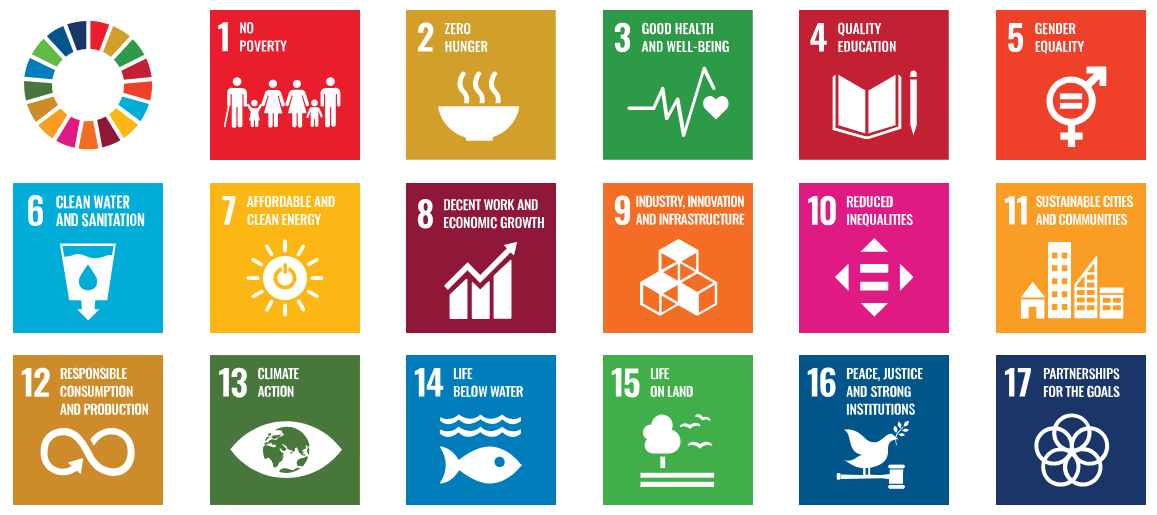
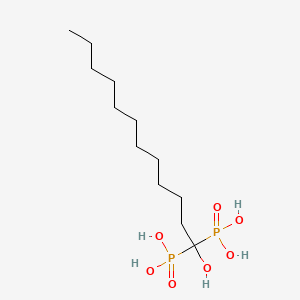


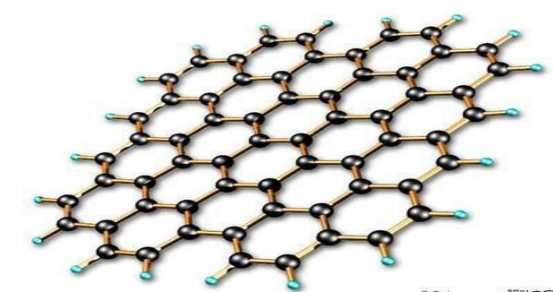
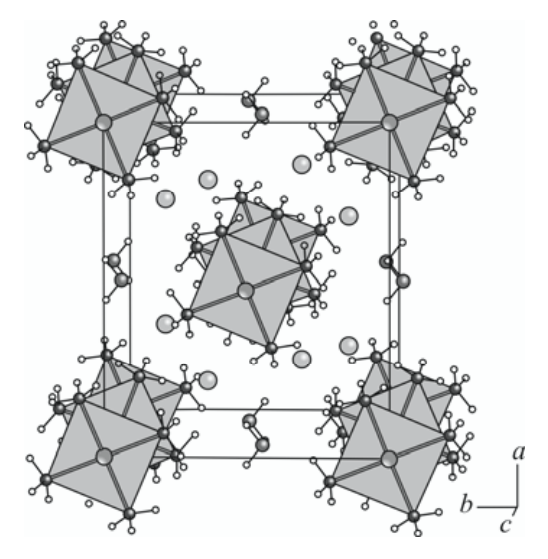
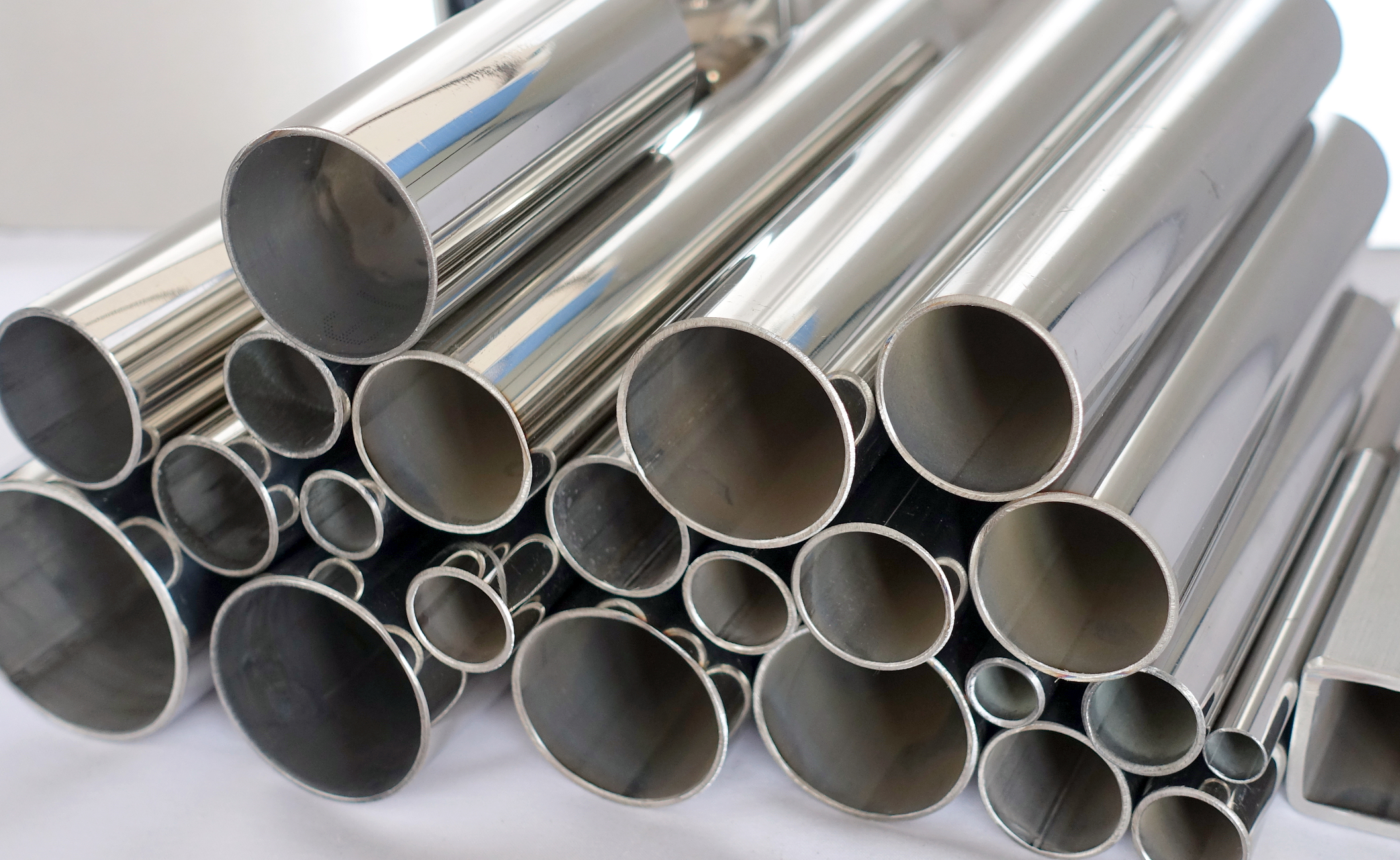
Share This News